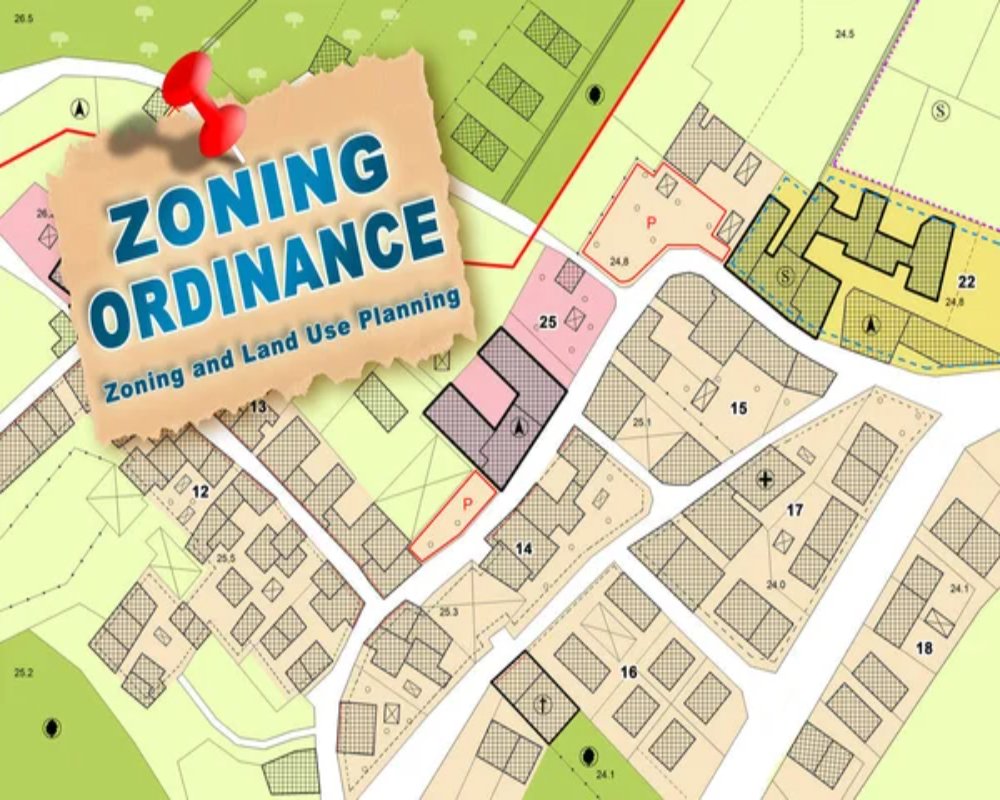Introduction
Zoning ordinances serve as a foundational element in the regulation and development of industrial areas, particularly factory construction zones. These ordinances establish legal guidelines that dictate where factories can be built, the scale and nature of operations allowed, and the standards developers must follow. The goal of such regulations is to ensure that industrial growth is aligned with public safety, environmental responsibility, and urban planning objectives. For developers and manufacturers, understanding zoning ordinances is essential to avoid legal complications and to facilitate efficient, compliant factory development.
Designation of Factory Construction Zones
Factory construction is typically permitted only within areas zoned for industrial use. These zones are categorized based on the intensity of industrial activity, including light, medium, and heavy industrial classifications. Light industrial zones allow for low-impact manufacturing, assembly, and packaging operations, often located near urban areas. Medium and heavy industrial zones are designated for more intensive operations, such as metal fabrication, chemical processing, and large-scale production, and are generally situated farther from residential communities. These designations help manage the interaction between industrial activities and other land uses, minimizing environmental and social disruption.
Development Standards and Structural Guidelines
Zoning ordinances for factory zones include detailed provisions regarding site layout and structural development. These standards typically govern lot size, building height, floor area ratio (FAR), and required setbacks from property boundaries. Such regulations ensure sufficient open space, access for emergency services, and proper ventilation. Additionally, ordinances may dictate the percentage of land that must remain unbuilt or landscaped, contributing to overall site safety and functionality. Adherence to these structural guidelines is crucial for obtaining necessary permits and avoiding construction delays or penalties.
Infrastructure and Environmental Requirements
Factory construction zones must meet specific infrastructure and environmental standards outlined in zoning ordinances. These include provisions for water supply, electricity, sewage systems, stormwater management, and access roads capable of handling industrial traffic. Environmental requirements may involve installing pollution control systems, providing green buffers, or conducting environmental impact assessments. These measures are intended to reduce the adverse effects of industrial operations on air and water quality, as well as surrounding ecosystems and communities.
Approval Processes and Compliance Enforcement
Before beginning construction, developers must submit detailed site plans and obtain approvals from local planning authorities. This process ensures that proposed factory developments comply with all zoning requirements and regional development goals. In some cases, additional clearances may be required from environmental agencies or fire safety departments. Compliance is monitored through periodic inspections, and violations of zoning ordinances can result in fines, suspension of permits, or forced alterations to the project. As such, a thorough understanding of the zoning process is vital for smooth project execution.
Conclusion
Zoning ordinances for factory construction zones play a vital role in managing industrial growth within a legal and sustainable framework. By regulating where factories can be built and how they must operate, these ordinances protect communities, preserve environmental quality, and support long-term urban development. For industrial developers, adhering to these rules from the outset ensures that factory projects move forward efficiently, safely, and without unnecessary legal or regulatory setbacks. In a rapidly urbanizing world, such structured zoning practices are essential for balancing economic advancement with responsible land use planning.
Hashtags
#ZoningOrdinances #FactoryConstruction #UrbanPlanning #LandUse #BuildingRegulations #IndustrialZones #ConstructionLaw #LocalGovernment #CommunityDevelopment #EconomicGrowth #SustainableDevelopment #FactoryDesign #ZoningLaws #InfrastructureDevelopment #RealEstateDevelopment #PlanningCommission #SiteSelection #Compliance #ManufacturingIndustry #CityPlanning


